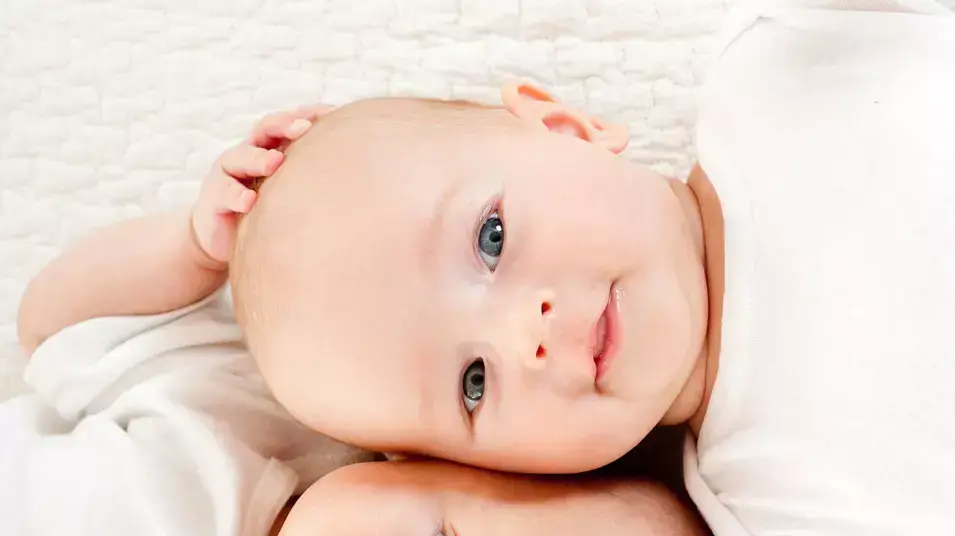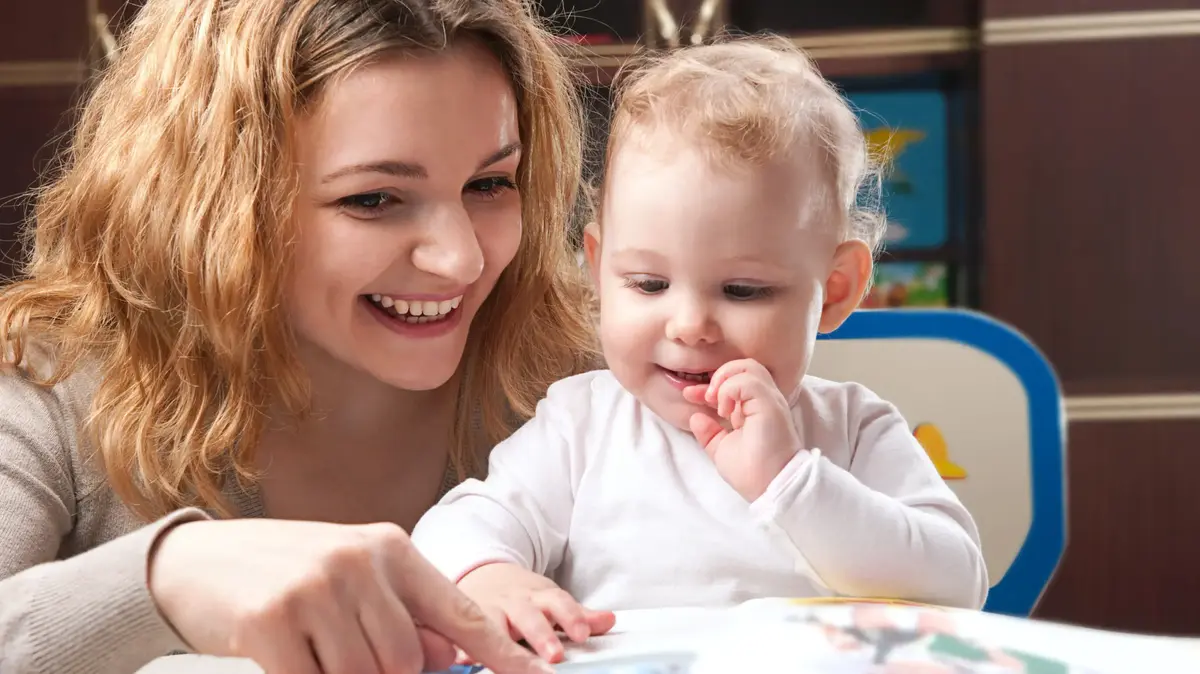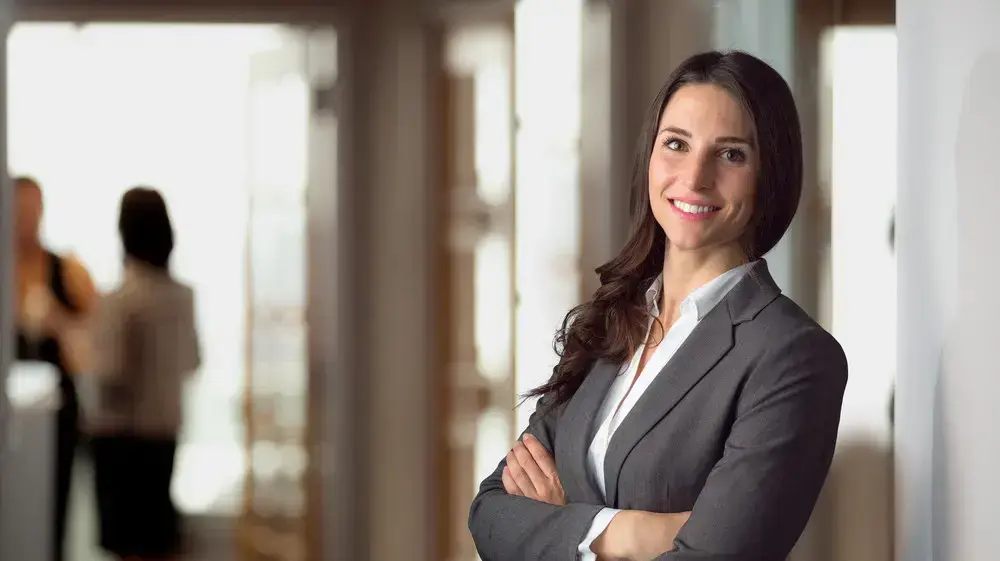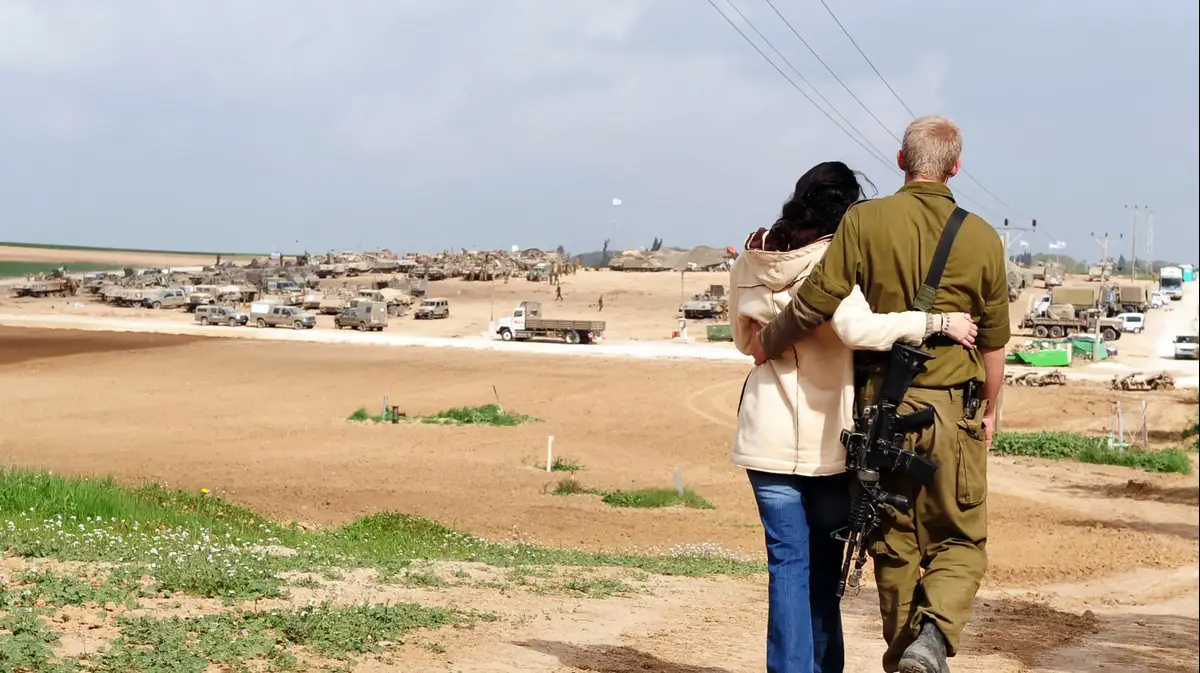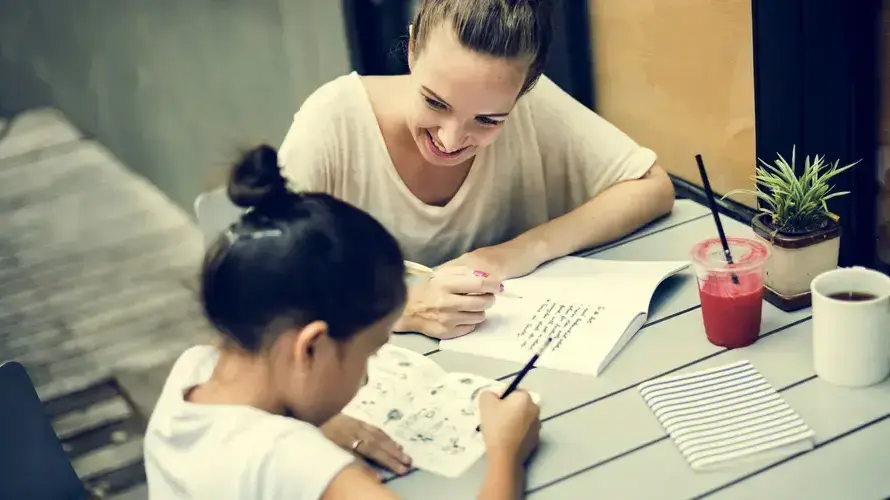Calm is an attitude that some people may have innately, but there are others who do not.
And many boys and girls, and also parents, have to learn it from scratch.
So what can you do with all that rage you feel when you get angry or frustrated?
What tools do they need to reach peace of mind?
With this objective, Miriam Tirado (Manresa, 46 years old), conscious parenting consultant and journalist specializing in maternity, paternity and parenting, returns with a new story under her arm, entitled I have a volcano
.
And I don't want to breathe
,
with which she intends to help adults and children to manage their anger and achieve peace of mind.
For Tirado, anger is a very powerful energy: “In fact, it is the emotion that helps to change the injustices in the world.
And it is very necessary and very useful to advance as a society at a global level.
And that it is considered something negative has done us a lot of damage ”.
For the author, the problem is that parents who have an irascible son often think that if he gets very angry as a child, what is he not going to do when he is 14 years old: “And they see him breaking down doors and they get scared, and with this fear one educates very badly.
So it is important that we get rid of that terror, we connect a lot to the present, that we have perspective, because if we see everything very serious we will not see what is happening and we will not be able to solve it ”.
More information
Miriam Tirado: "Parents must be aware of their wounds in order to heal them and, from there, help their children grow"
The book, illustrated by Joan Turu, recounts Sam's experience with anger and how what his sister, Alba, does, which is to breathe when she feels anger, is of no use to him and he suffers.
Thus, Tirado wanted to continue the first part of his latest story,
I have a volcano
—with which he sold more than 100,000 copies—, in which little Alba calmed down by breathing, after the explosion of her
volcano,
located between her navel and ribs.
“The idea to do it came from my two daughters.
One breathes and the other has never liked it.
She always tells me: 'I don't want to breathe, those things don't work for me,' explains the author.
“In addition, about a year and a half ago, I received a letter from two children in which they told me that they had worked
on volcanoes
in class, but they wanted more tools.
So I had two very good reasons to put myself to work”.
Tirado firmly believes that playing with the imaginary world is easier for adults and children to learn.
In his story, the character who accompanies Sam in this transition to find out what calms him down when he gets angry is precisely a fairy: “he represents that wise part that we all have.
It would be great if we all had it developed and that we could help our children and that they could function.
Hence the importance of understanding the child first, only in this way can we help him and, why not, also ourselves”.
For example, at first this fairy believes that the only tool that exists to fight anger is to breathe.
And suddenly, when Sam tells her that she's no use to him, this little character realizes that she had fallen short:
“And this is what parents should do when we lack tools.
Being aware that perhaps we have already given the best of ourselves and they have to seek help to come into contact with things they do not know”.
In this way, in the story, the fairy begins to observe different ways to calm anger: there are children who hit the pillow, others who sing and others who shout: "This represents how parents have to be able to know how to interpret how they are their children and what they need to be able to give them what they are worth and what they are asking for.
And, above all, be aware that each child is different ”, he maintains.
For this reason, the journalist recommends that parents avoid being the mirror of their children when they get irritated or angry and thus prevent a small problem from becoming something huge: “Understand that your anger is not mine.
Many times we get angry because we don't distance ourselves and their emotion spreads to us.
And once this happens it is very difficult to get out.
Fire cannot be put out with gasoline."
For the expert,
View this post on Instagram
A post shared by Míriam Tirado (@miriamtirado.cat)
In addition, Tirado advises parents that before they regret doing something they don't want, they should go to the bathroom for a moment, wash their faces with cold water or take a breath: “There are many children, especially the youngest, who don't they have the necessary tools to manage anger.
And it is at that moment when adults must give options.
Tell them: 'Look, I know you're very angry, do you want a hug?'
or 'Would you rather go to the room and breathe together?'
You have to help them."
With older children, the expert is committed to talking to them before they get angry, in a calm environment, and not when they are in full swing: "Emotional education pays off when we are calm, when we are well, that is when we have to talk about what to do when we are fatal ”.
The questions that can be asked can be, for example: “If one day it happens to you again, how do you think you can act?
What would you need?
Do you think we can do something different next time?”
The author reiterates that it is impossible to speak assertively when the child is overwhelmed: “For this reason, this story must be worked on when we are calm.
Read it at a time when there can be a flowing conversation.
Regarding the unstoppable immersion of stories in the world of parenting, Tirado believes that it is something positive: “In the world of children's literature, everything fits;
There have to be stories that allow us to enjoy good stories and there also have to be stories that help us.
And the latter comes to me, and it comes to me when I see the needs of families and children”.
In addition, the journalist believes that when the minor is identified in a story it is easier for him to have a connection and learn: “If I see in a few pages what happens to me, that the protagonist also overflows, it is a break.
And suddenly I don't feel so weird or so bad.
And I normalize my emotions.
I feel better".
You can follow Mamas & Papas on
,
or sign up here to receive
our biweekly newsletter
.


